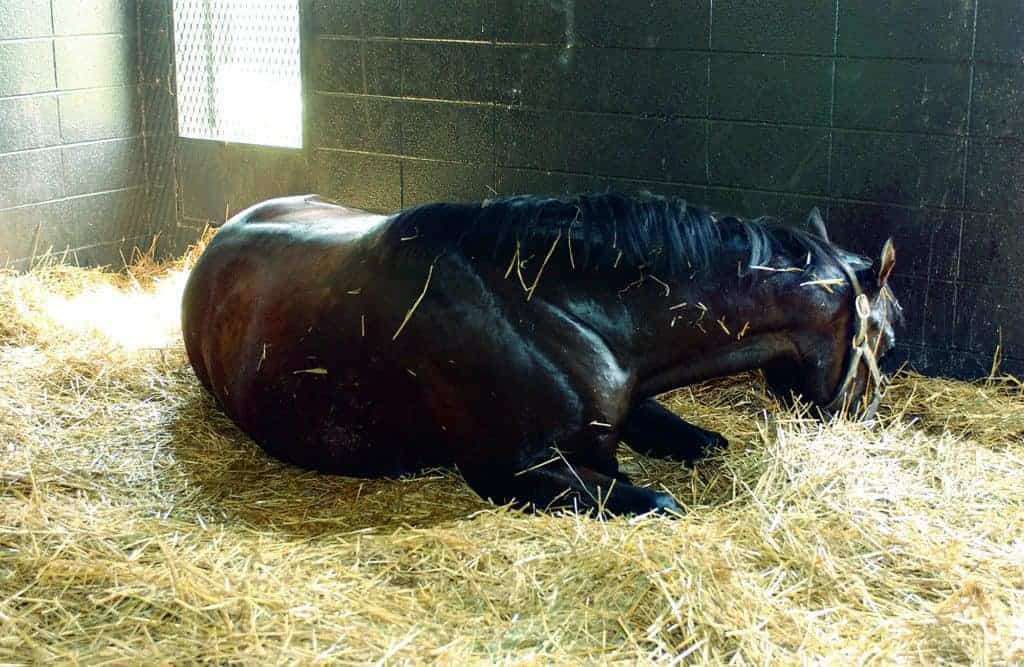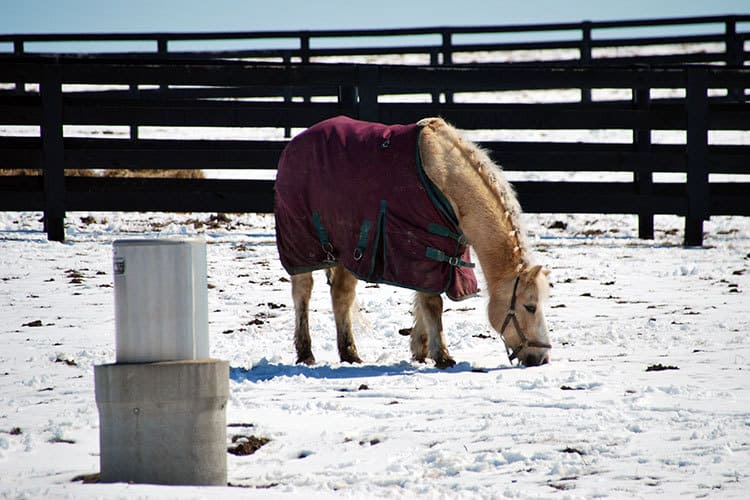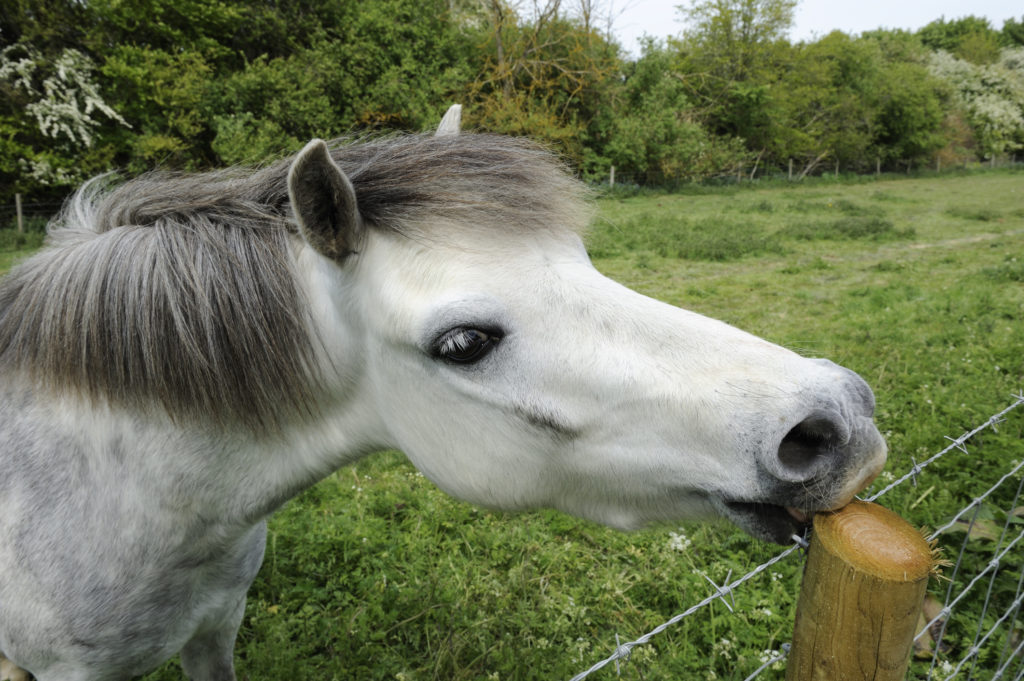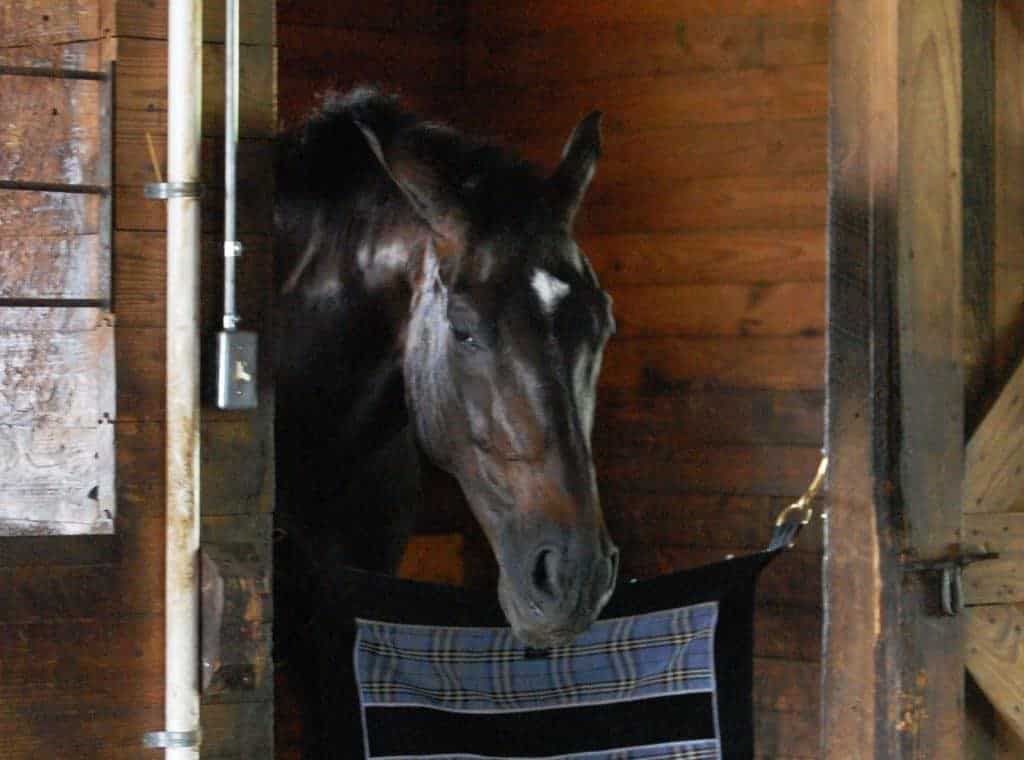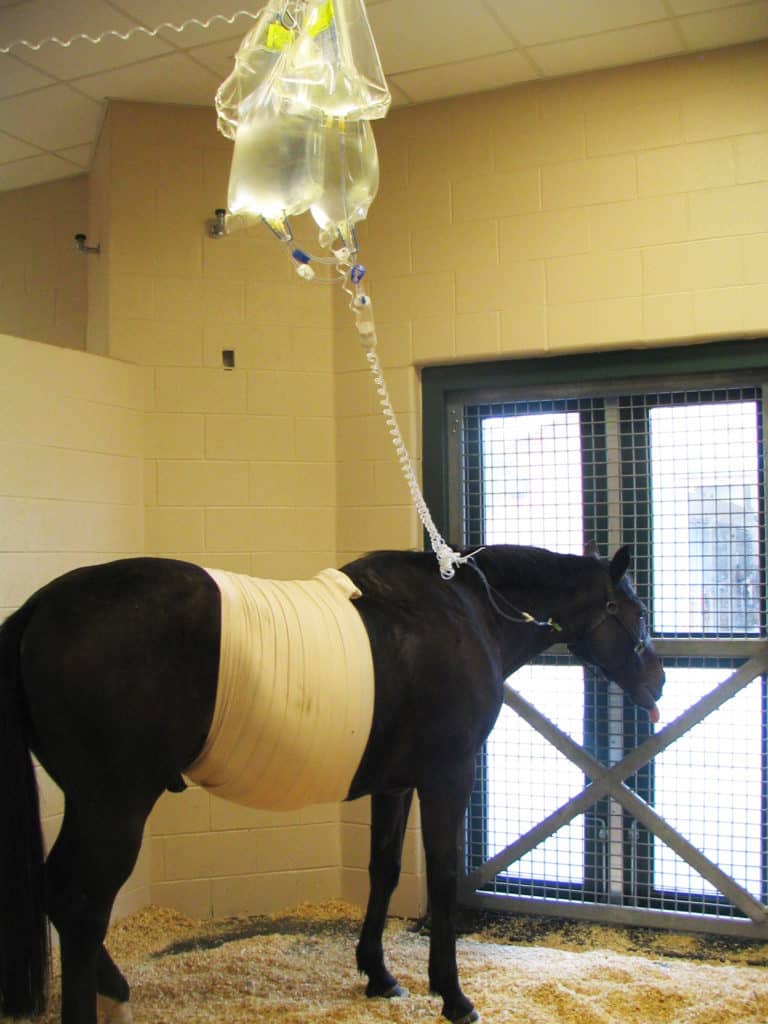
What to Do if a Horse Tests Positive for Salmonella
The bacterium Salmonella enterica can spread quickly between horses on a farm or in a hospital setting, causing significant financial and even equine losses. Here’s how one veterinarian recommends managing positive cases.


